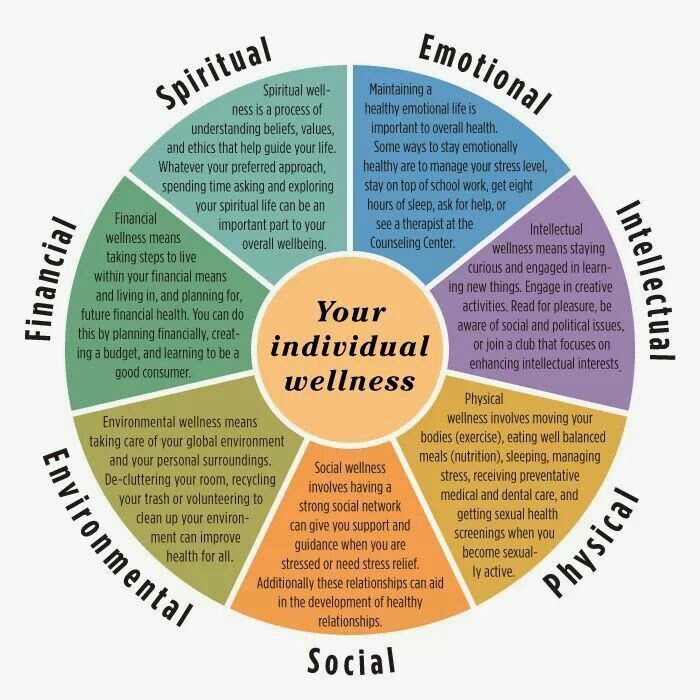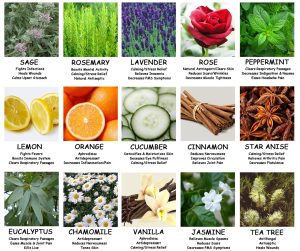
Naturopathy is a holistic approach to healthcare that focuses on natural remedies and promotes self-healing. It is based on the belief that the body has the ability to heal itself when given the right conditions and support. Naturopathic practitioners use a combination of traditional healing methods, lifestyle changes, and natural therapies to address the underlying causes of illness and to enhance the body’s innate healing abilities.
Principles of Naturopathy
Naturopathy follows six fundamental principles:
The Healing Power of Nature: Naturopaths believe that the body has an inherent ability to heal itself. By removing obstacles and providing the right conditions, the body’s healing energy can be activated.
Identify and Treat the Root Cause: Rather than merely alleviating symptoms, naturopaths aim to identify and address the underlying causes of illness. This approach focuses on treating the root cause to restore long-term health.
Do No Harm: Naturopaths prioritize providing safe and non-invasive treatments that minimize side effects, while avoiding harmful interventions that may hinder the body’s healing process.
Treat the Whole Person: Naturopathy emphasizes the interconnectedness of the body, mind, and spirit. Naturopaths consider the individual as a whole, rather than focusing solely on specific symptoms, in order to create a comprehensive treatment plan.
Prevention is the Best Cure: Instead of waiting for symptoms to arise, naturopaths emphasize the importance of preventing illness by promoting healthy lifestyles, balanced nutrition, and stress reduction.
Education and Empowerment: Naturopaths aim to educate and empower individuals to take control of their own health. By providing knowledge about natural therapies and self-care practices, they encourage patients to actively participate in their healing journey.
Common Naturopathic Practices
Naturopathic treatments encompass various modalities and practices:
Herbal Medicine
Herbal medicine utilizes the healing properties of plants to promote health and treat a wide range of conditions. Herbal remedies may be prescribed in the form of teas, tinctures, or capsules, depending on the individual’s needs.
Homeopathy
Homeopathy is a system of medicine based on the principle of “like cures like.” Highly diluted substances are used to stimulate the body’s natural healing response. It is often used to address chronic conditions and promote overall well-being.
Nutrition
A balanced and nutritious diet is a cornerstone of naturopathy. Naturopaths work with individuals to tailor their dietary choices to support optimal health, addressing any deficiencies and promoting overall well-being.
Hydrotherapy
Hydrotherapy involves the therapeutic use of water in various forms, such as hot and cold compresses, baths, and wraps. This helps improve circulation, relax muscles, and support detoxification processes.
Acupuncture
Acupuncture is an ancient Chinese practice that involves inserting thin needles into specific points in the body to stimulate energy flow and restore balance. It is commonly used to alleviate pain, reduce stress, and promote overall wellness.
Physical Medicine
Naturopaths may incorporate physical medicine techniques such as massage, exercise therapy, and spinal manipulation to relieve pain, improve mobility, and enhance the body’s natural healing abilities.
Conclusion
Naturopathy offers a holistic and natural approach to healthcare. It embraces the belief that the body has inherent healing abilities and focuses on identifying and treating the root causes of illness. By incorporating various natural therapies, naturopaths aim to support and enhance the body’s self-healing processes. If you are looking for an alternative and integrative approach to your health, naturopathy may be a valuable option worth exploring.

